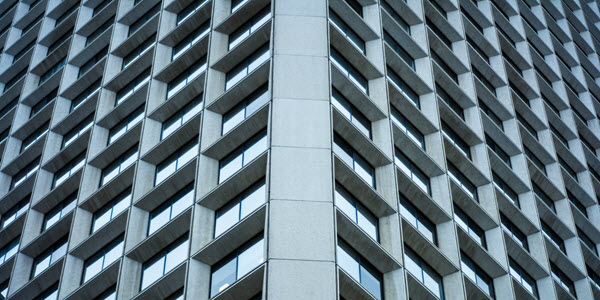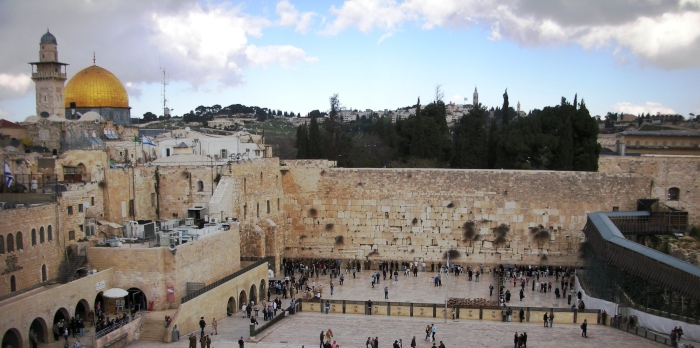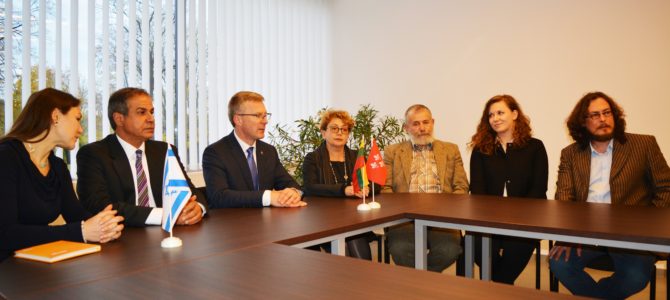
An Israel Day celebration took place in Jurbarkas, Lithuania on October 26, attended by Israeli ambassador to Lithuania Amir Maimon with embassy staff, representatives from the Jurbarkas regional administration, representatives from the Lithuanian Jewish Community and others.
Before the event the Israeli ambassador and Skirmantas Mockevičius, the head of the Jurbarkas regional administration, met and talked with students from the Antanas Giedraitis-Giedrius Gymnasium in Jurbarkas, and later with Lithuanian Jewish Community chairwoman Faina Kukliansky and Community members visited the Jewish cemetery in Jurbarkas. The official event took place at the Jurbarkas Regional Administration Public Library in the afternoon, where the photo exhibit “Pope Francis’s Visit to Israel” was opened and a sculpture by sculptor Dovydas Zundelovičius dedicated to the memory of the Jewish community of Jurbarkas was unveiled. The winners of a student drawing contest called “Let’s Draw Jerusalem” were also awarded, photos of trips to Israel were displayed and Jewish cuisine was showcased.




















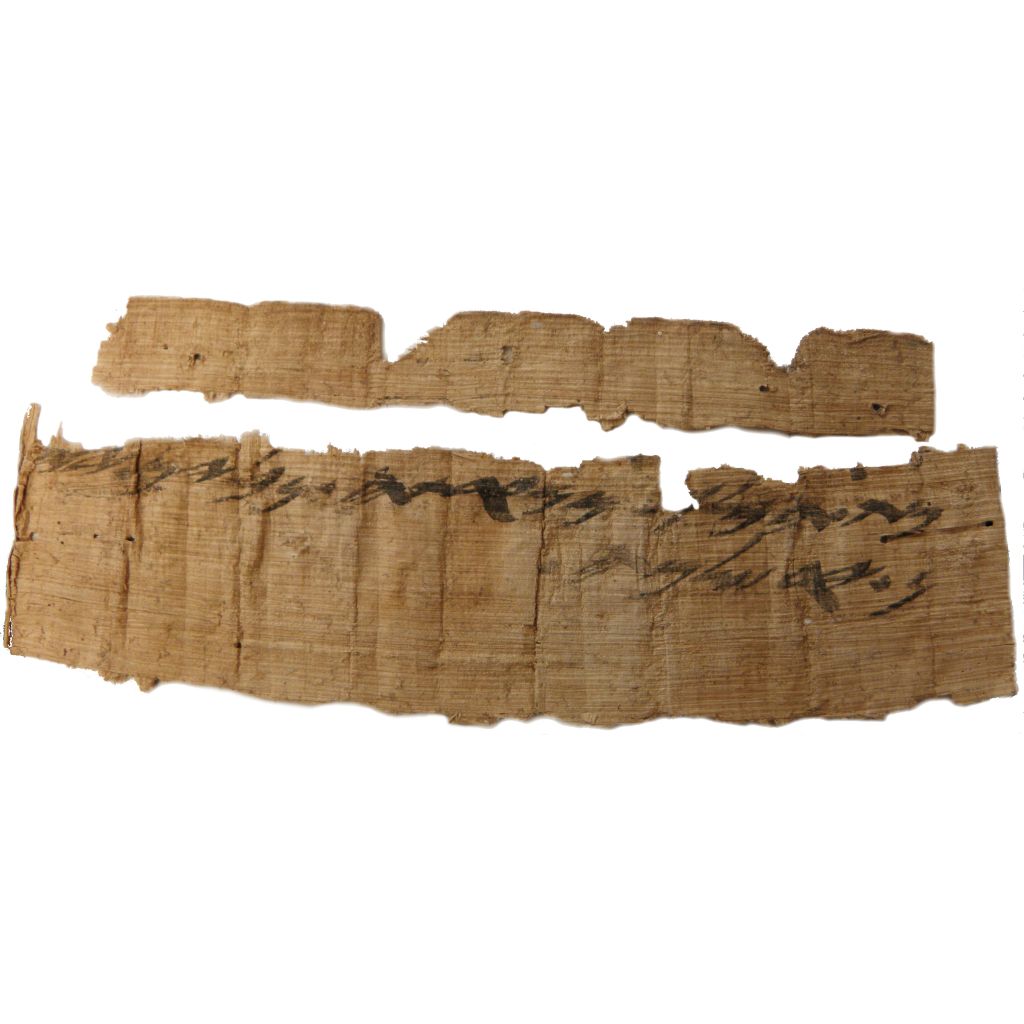
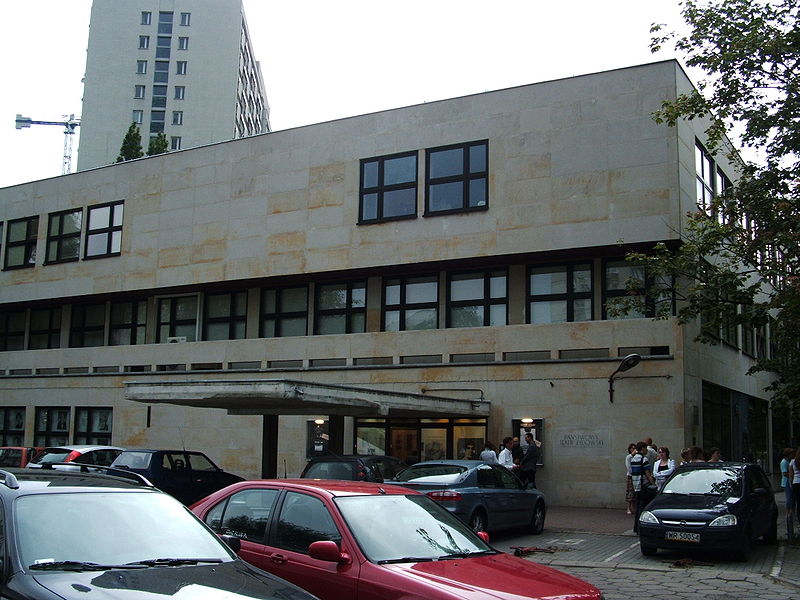

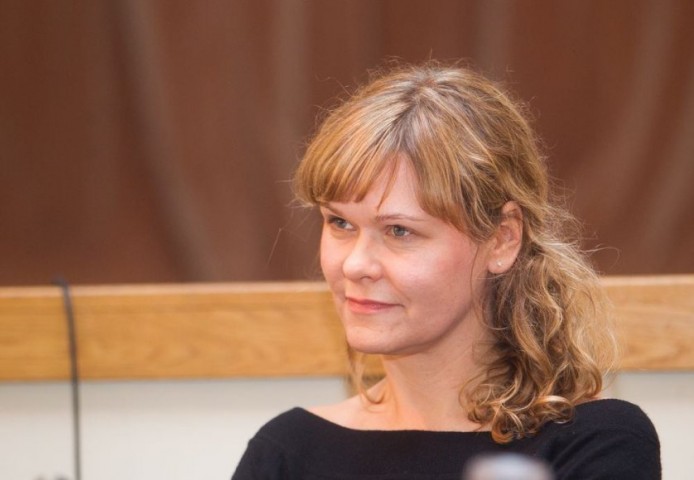
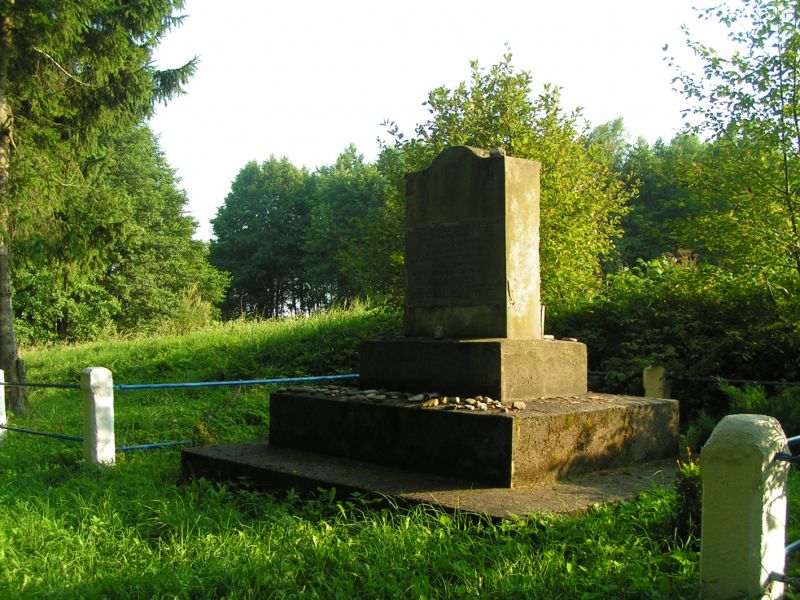
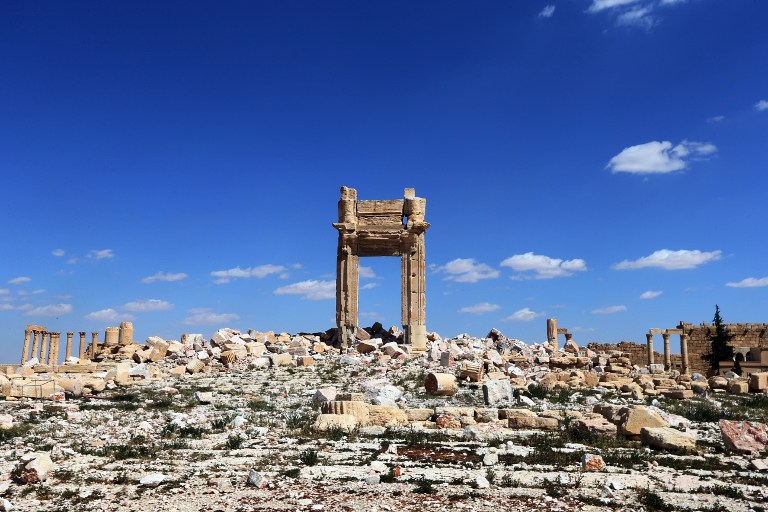
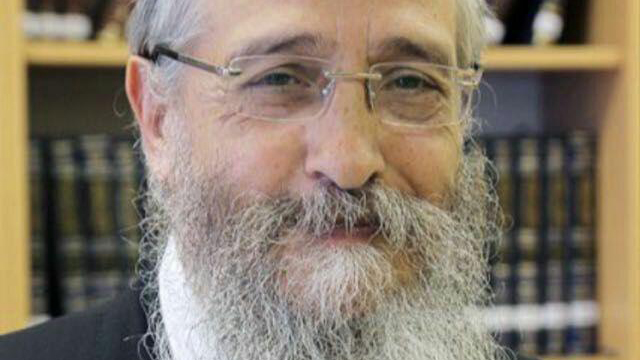
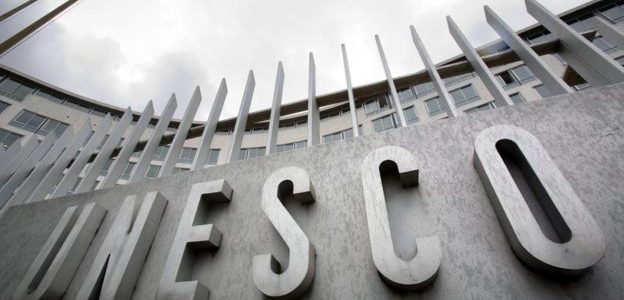

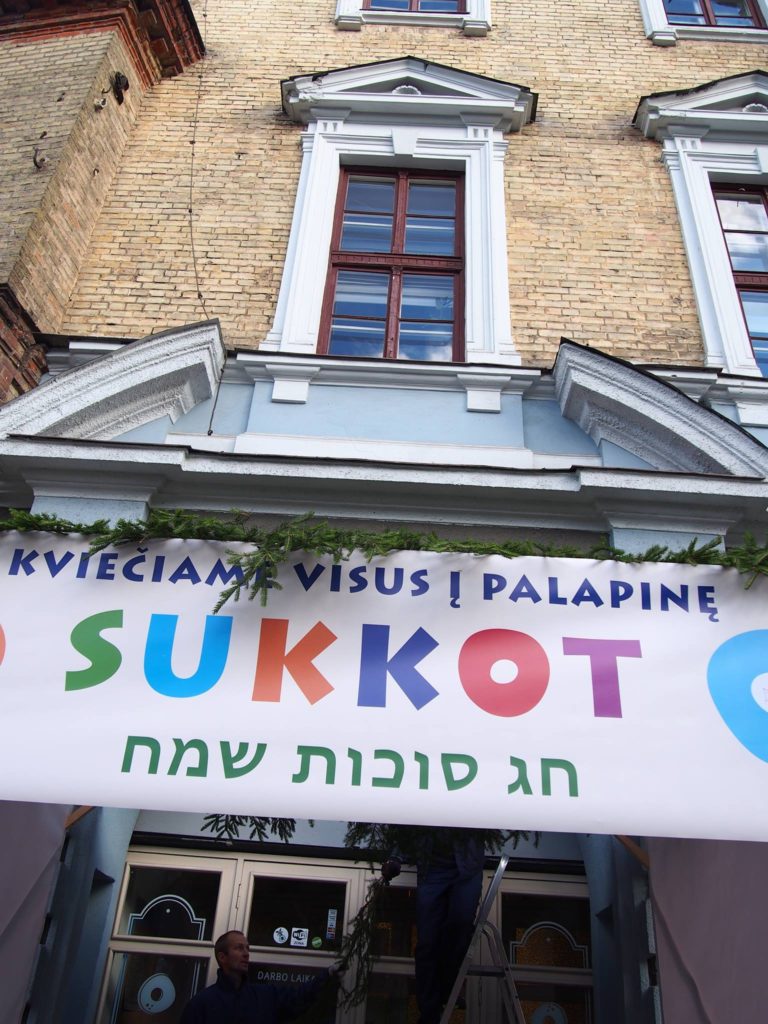 Sukkah at Bagel Shop Café on central Pylimo street in Vilnius
Sukkah at Bagel Shop Café on central Pylimo street in Vilnius
